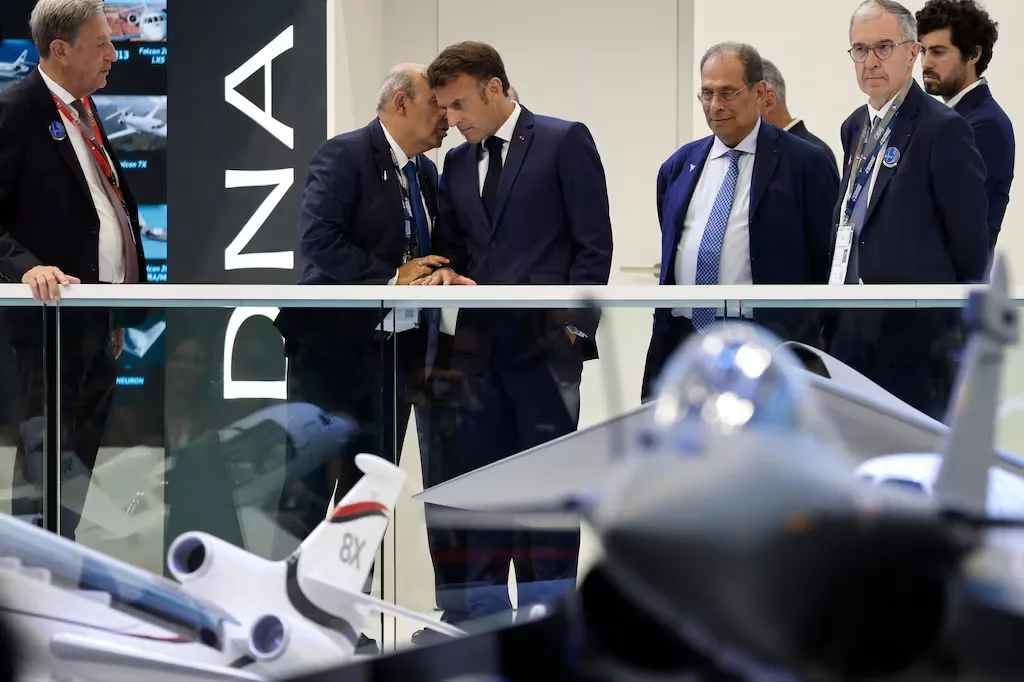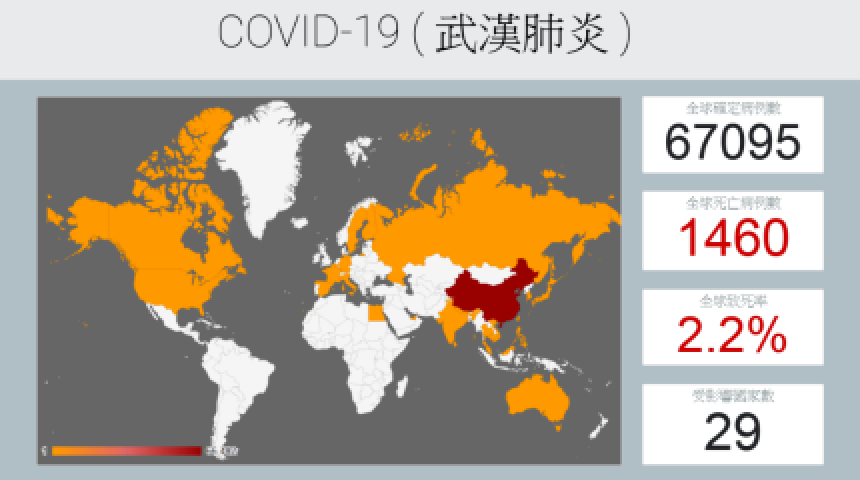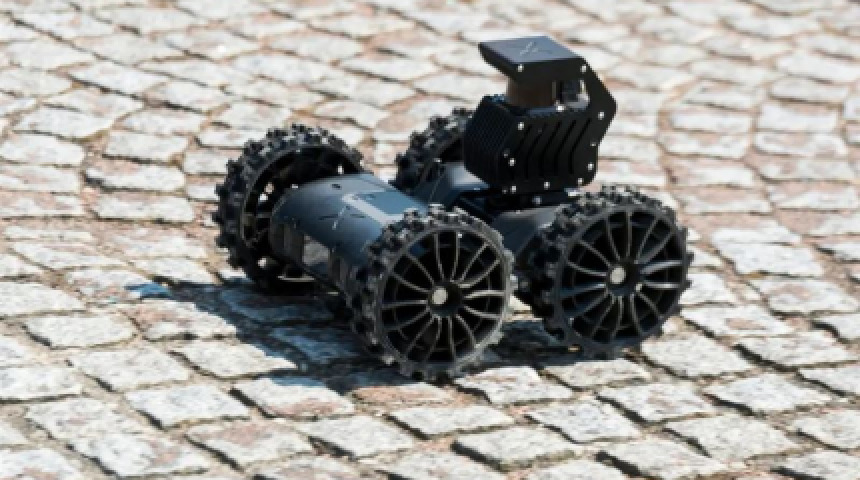歐洲第六代戰機計畫進展緩慢,合作挑戰引發關注
歐洲聯合開發的第六代戰鬥機計畫「未來作戰空中系統」(FCAS)近期進展面臨挑戰。法國達梭航空公司(Dassault Aviation)執行長艾瑞克·特拉皮耶(Éric Trappier)在法國國民議會的國防委員會聽證會上表示,與空中巴士公司(Airbus)的合作「非常困難」,合作過程中出現了工作分配上的爭議,導致項目進度延遲。
FCAS計畫由法國、德國和西班牙於2022年12月共同啟動,首階段(1B階段)投入32億歐元(約36億美元)進行研究與設計。達梭航空負責新一代戰鬥機(NGF)的主承包商,空中巴士則代表德國和西班牙參與合作。然而,合作夥伴間對於工作分配的爭議,特別是在技術開發與製造責任的劃分上,導致項目進度緩慢。
特拉皮耶指出,FCAS計畫的合作模式過於分散,導致每次討論都陷入無休止的爭論,影響了項目的整體進度。他建議應該重新檢視合作模式,將重點放在最具專業能力的團隊上,以提高效率。
儘管面臨挑戰,空中巴士公司表示,FCAS計畫在1B階段已取得「重大進展」,包括完成概念選擇審查,並正邁向第二階段的合約簽署。該公司強調,FCAS是歐洲防衛產業和戰略自主性的基石,並重申對該計畫的承諾。
三個重要觀點:
- 合作挑戰影響進度: 法國達梭航空與空中巴士在工作分配上的爭議,導致FCAS計畫進度延遲,顯示多國合作在大型軍事項目中的挑戰。
- 重新檢視合作模式: 達梭航空執行長建議應重新檢視合作模式,將重點放在最具專業能力的團隊上,以提高項目效率。
- FCAS計畫的重要性: 儘管面臨挑戰,FCAS計畫被視為歐洲防衛產業和戰略自主性的基石,參與國家仍致力於推進該計畫。
Europe’s Sixth-Generation Fighter Program Faces Delays Amid Cooperation Challenges
The European collaborative project for a sixth-generation fighter jet, the Future Combat Air System (FCAS), is facing significant challenges. Éric Trappier, CEO of Dassault Aviation, expressed concerns during a hearing at the French National Assembly’s defense committee, stating that cooperation with Airbus has been “very difficult,” with disputes over work distribution causing project delays.
Initiated in December 2022 by France, Germany, and Spain, the FCAS program’s Phase 1B involves a €3.2 billion investment for research and design. Dassault Aviation leads the New Generation Fighter (NGF) segment, while Airbus represents Germany and Spain. However, disagreements over technical development and manufacturing responsibilities have slowed progress.
Trappier highlighted that the fragmented cooperation model leads to endless debates, hindering overall progress. He suggested reevaluating the collaboration approach, focusing on the most skilled teams to enhance efficiency.
Despite these challenges, Airbus stated that the FCAS program has made “significant progress” in Phase 1B, including completing the concept selection review, and is moving towards Phase 2 contract agreements. The company emphasized that FCAS is a cornerstone of European defense industry and strategic autonomy, reaffirming its commitment to the program.
Three Key Points:
- Cooperation Challenges Affect Progress: Disputes between Dassault Aviation and Airbus over work distribution have delayed the FCAS program, highlighting the complexities of multinational collaborations in major defense projects.
- Need to Reevaluate Collaboration Model: Dassault’s CEO suggests focusing on the most skilled teams to improve efficiency, indicating a need to reassess the current cooperation framework.
- Significance of the FCAS Program: Despite challenges, the FCAS program remains a critical initiative for European defense industry and strategic autonomy, with participating nations committed to its advancement.

(Ludovic Marin/POOL/AFP via Getty Images)




回應文章建議規則: